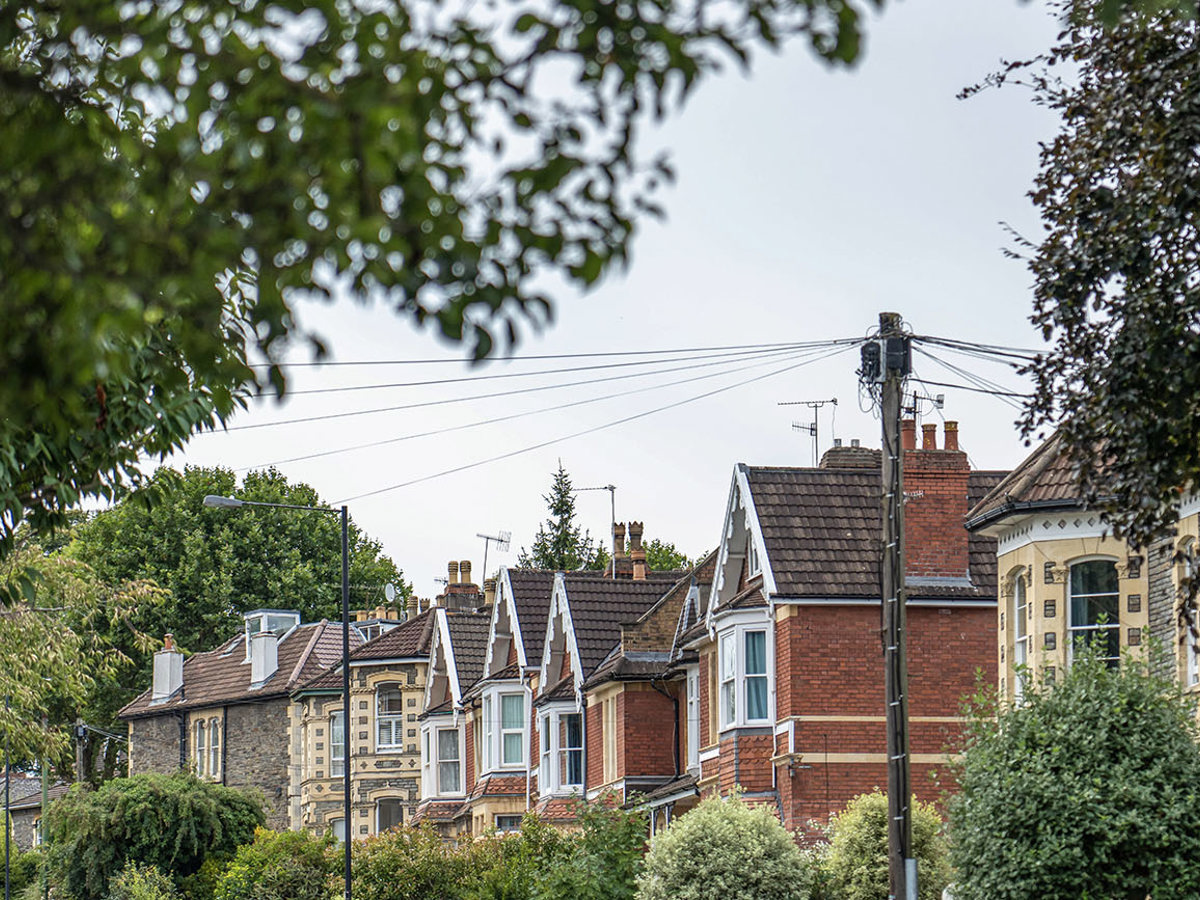Stress-Free Mortgages, Tailored for You
Ocean Mortgages
We find the best mortgage deal for your needs - fast, hassle-free and at no cost to you.

Getting a mortgage made easy
Helping you pay less each month is only part of what we do. We also take the stress and confusion out of securing the right mortgage – processing the paperwork, tracking your application, chasing the lender, and keeping you constantly updated.

How can our service really be free?
ALL mortgage brokers receive a commission from the banks for introducing a customer to them. Some also charge you a fee for their service – we don't.
We guarantee there's no hidden fees and no catch.
Useful tools for your mortgage application
Planning your move? We’ve got you covered.
Ocean offers a range of simple, helpful tools to support your mortgage journey - from working out how much you can borrow to estimating the full cost of your move. Use our calculators to get a clear picture of your budget, including stamp duty, conveyancing fees, and other key expenses.
If you’re unsure where to start or want to speak to a mortgage adviser, we’re always here to help.

FAQs, guides and advice
Mortgage resources hub
Mortgages can feel overwhelming but we’re here to make them clear. In this hub, you’ll find expert guides, practical tips, and answers to the questions that matter most, all in one place.
Whether you’re applying for your first mortgage, remortgaging, or just exploring your options, we’ve got the insights you need to make confident decisions about your home finance.
Get in touch – book an appointment using our Ai assistant

Property market report
Our up-to-the-minute national, regional and local property market reporting.



